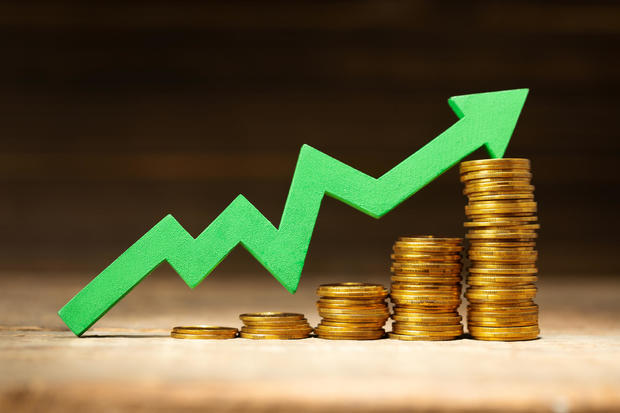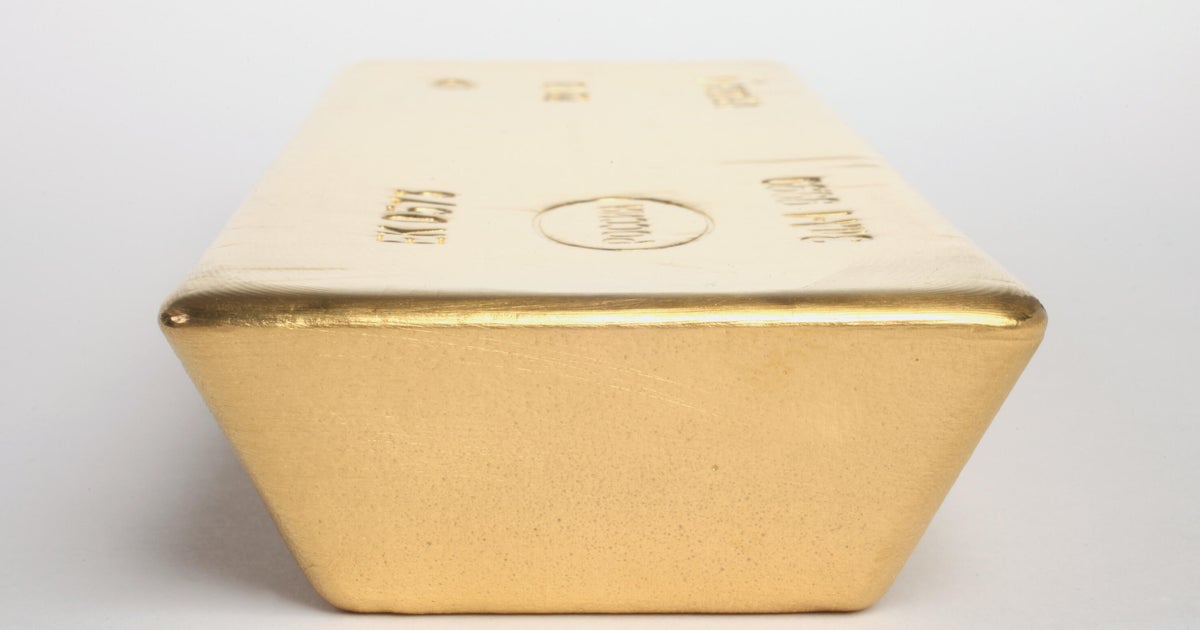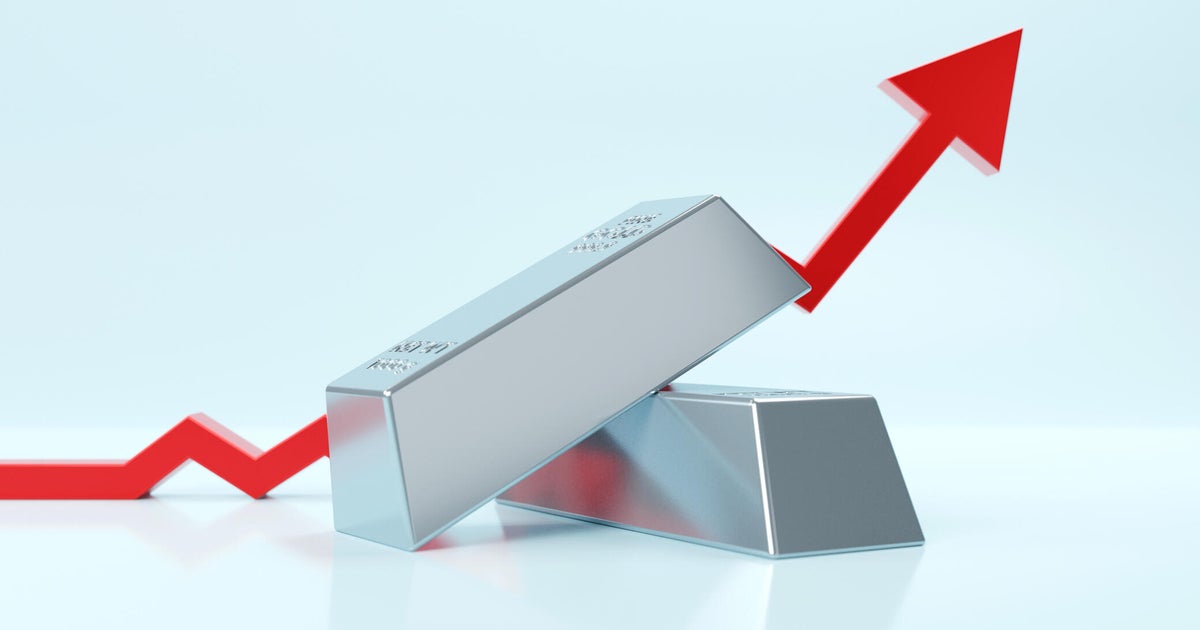Gold price forecast for fall 2024: Here's what experts expect
The price of gold has hit several new record highs so far this year. The upward trend began in March 2024, with the price of gold climbing to $2,160 per troy ounce. Gold's value has hit a few more big milestones since that point, including another all-time high of $2,472.46 per ounce last month. While the price has moderated a bit since that point — the current price of gold (as of August 12, 2024) is $2,441 per ounce — gold's price is still up by over $500 per ounce compared to one year ago.
The uptick in gold's value has been due, in large part, to investors flocking to the precious metal to protect their portfolios against losses from economic uncertainty, high inflation and geopolitical risks. The recent upward price trajectory has also helped spur renewed interest in investing in this yellow metal.
If you've been thinking about investing in gold, you may be wondering what could happen with its price this fall — especially now that the economic environment has experienced some shifts. Here's what experts have to say about it.
Learn more about how gold could benefit your investment portfolio here.
Gold price forecast for fall 2024: Here's what experts expect
There are a few scenarios that could occur in terms of gold's price this fall, according to the experts we spoke with.
The price of gold could increase
Many of the experts we spoke with think the price of gold could continue to rise this fall due to factors like geopolitical turmoil and economic uncertainty.
"We have observed the price of gold continue to climb this year amid major geopolitical, economic, and social events. With those tailwinds, I believe the price of gold will continue to increase throughout the fall and into the end of the year," says Brandon Aversano, CEO and founder of Alloy Market Inc., a precious metals exchange.
That's because governments and large central banks are making, and will continue to make, large purchases of gold to hedge against uncertainty, according to Aversano.
"There is also increased industrial demand for the precious metal. As these large buyers purchase gold, the overall supply will decrease, leading to sharp increases in the price of gold," Aversano says.
"I would guess that the price of gold will hold steady or rise as we approach the election," says Dr. Peter C. Earle, senior economist at the American Institute for Economic Research.
"If current international conflicts expand, or new ones erupt, gold could march higher. Additionally, if by that time the US economy is slowing rapidly and the market assesses the contraction as being too rapid for monetary accommodation and/or some form of fiscal stimulus to arrest, gold could hit new all-time highs," says Earle.
"I believe the price of gold may trend upwards due to ongoing economic uncertainty, inflation concerns, and geopolitical risks," says Ralph Adamo, ChFC, CEO and founder of Integrity Wealth Management.
Find out more about gold investing and how it could pay off for you now.
The price of gold could decrease
That said, significant interest rate drops could cause the price of gold to decrease or stagnate, as gold's price tends to climb in high-rate environments. Now that inflation is cooling and other economic factors are shifting, the Fed is widely expected to start cutting rates — which is slated to happen as soon as September. That, in turn, could have an impact on gold's price.
There's a chance that other factors could slow the growth of gold's price, too. For example, Earle says the price of gold could decrease after the presidential election in November, depending on the outcome.
"If there is a clear outcome and a peaceful turnover of power — both relatively speaking — it's likely that the gold price will settle back down to prior support levels," says Earle.
What factors could have the biggest impact on gold's price this fall?
There are multiple factors, including what happens in terms of inflation, interest rates and global liquidity, that could influence the price of gold this fall, experts say.
"While most people would correctly say the biggest drivers of gold prices are high interest rates and inflation, we believe the global liquidity crisis will have an outsized impact on the price of gold in the fall," Aversano says. "With record levels of consumer debt and a cash crunch, consumers are feeling the pinch right now."
In tougher economic times, the price of gold tends to rise, Aversano says, which makes it a great asset to sell or invest in.
The bottom line
While many experts expect gold to continue rising this fall, with so many factors at play, it's tough to predict what will happen. "Trying to time these movements can be risky and may lead to significant losses for many investors," says Raman Singh, certified financial planner.
That's why it's crucial to have a diversified portfolio, Singh says, with gold being just one part of your overall long-term strategy. If you decide to invest in gold, keep in mind that many experts recommend that you limit the precious metal to no more than 10% of your investment portfolio.




